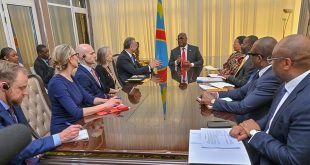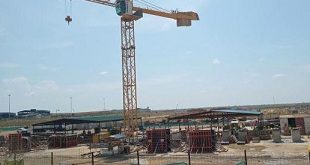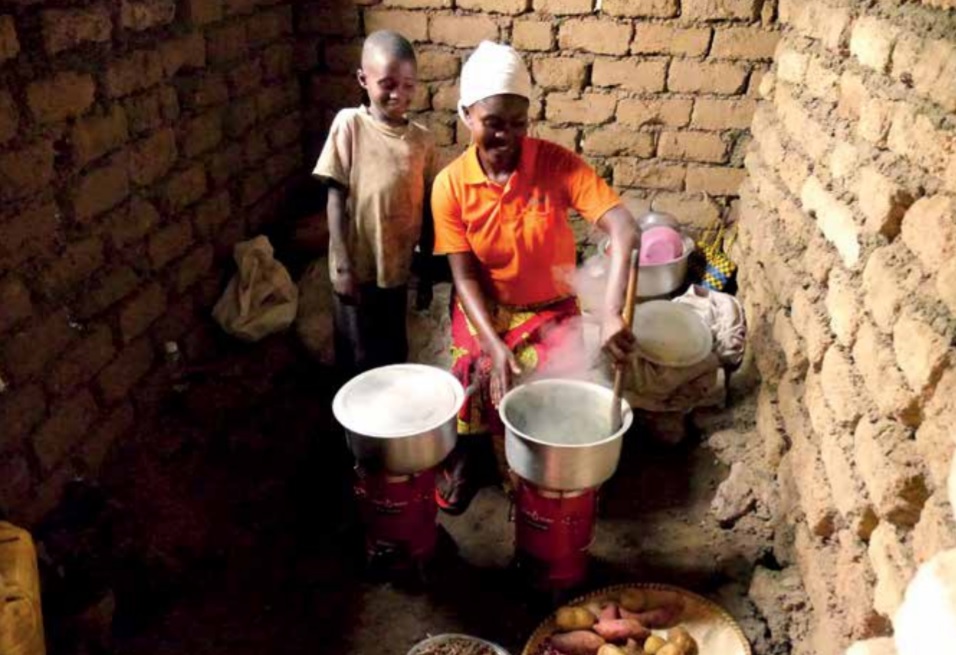
While trends are generally positive, the REN21 report highlights several challenges that remain to be addressed if the region’s governments are to ensure energy security and meet energy access needs.
The report noted that the region needs, amongst other actions, to increase access to modern energy services, especially in rural areas; ensure energy security; address the human health and environmental challenges associated with the current energy systems; and develop its electricity infrastructure, especially harnessing locally available renewable energy resources to meet rising demand for energy.
It also notes there is far less policy focus on transport and, particularly, heating and cooling, so these sectors are progressing much more slowly.
“The region’s high reliance on traditional biomass coupled with national electrification less than 25% and the rapid growth of motorised transport have important implications for regional energy planning and investment. Climate change impacts are already negatively affecting existing energy systems
– particularly hydro power – and thereby the region’s economy,” said Dr Pradeep Monga.
Pradeep Monga hailed the EAC sectoral council on Energy and the council of Ministers that directed the EAC Secretariat to establish the East African Centre for Renewable Energy and Energy Efficiency (EACREEE), which was launched on 11 June 2016.
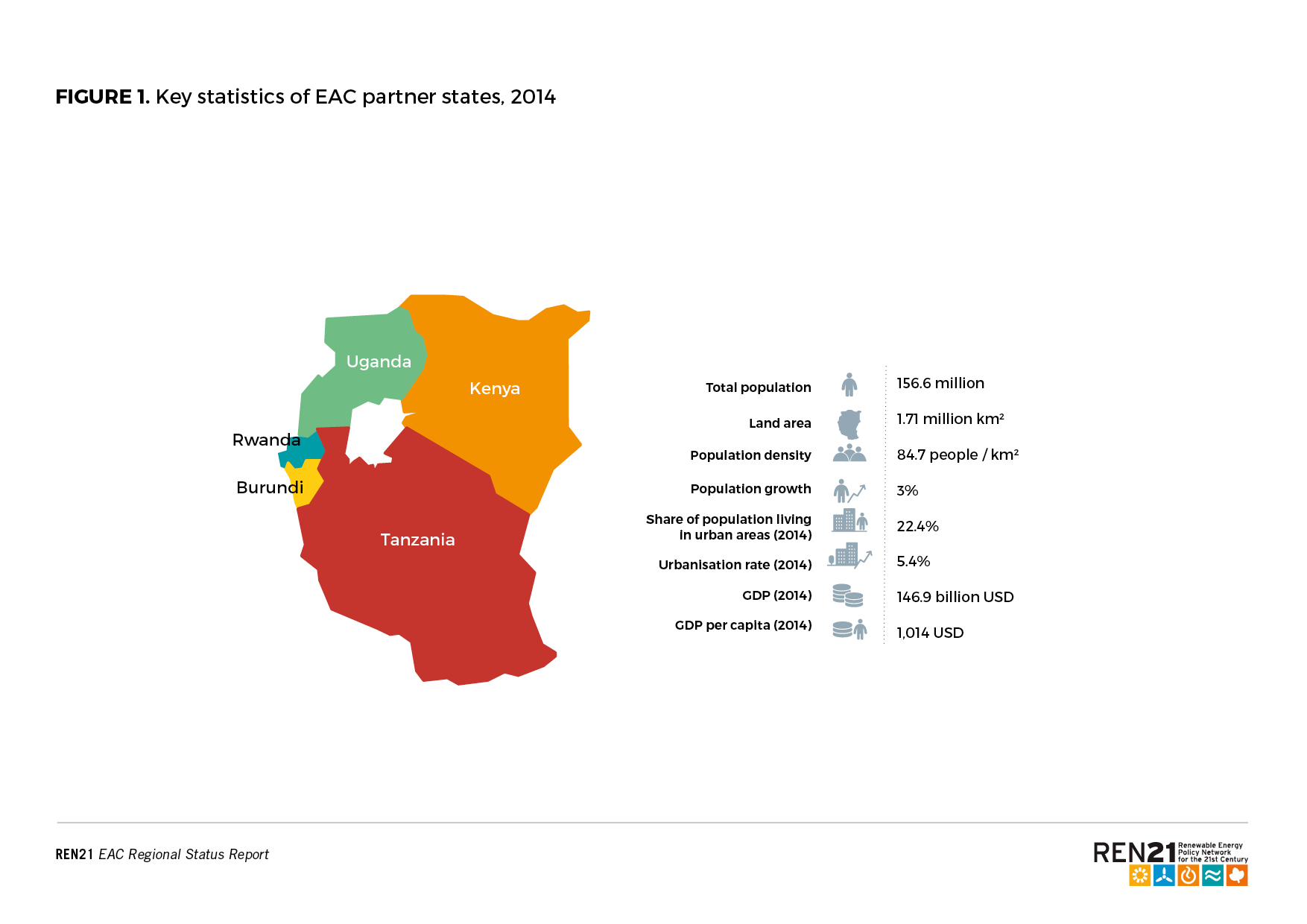
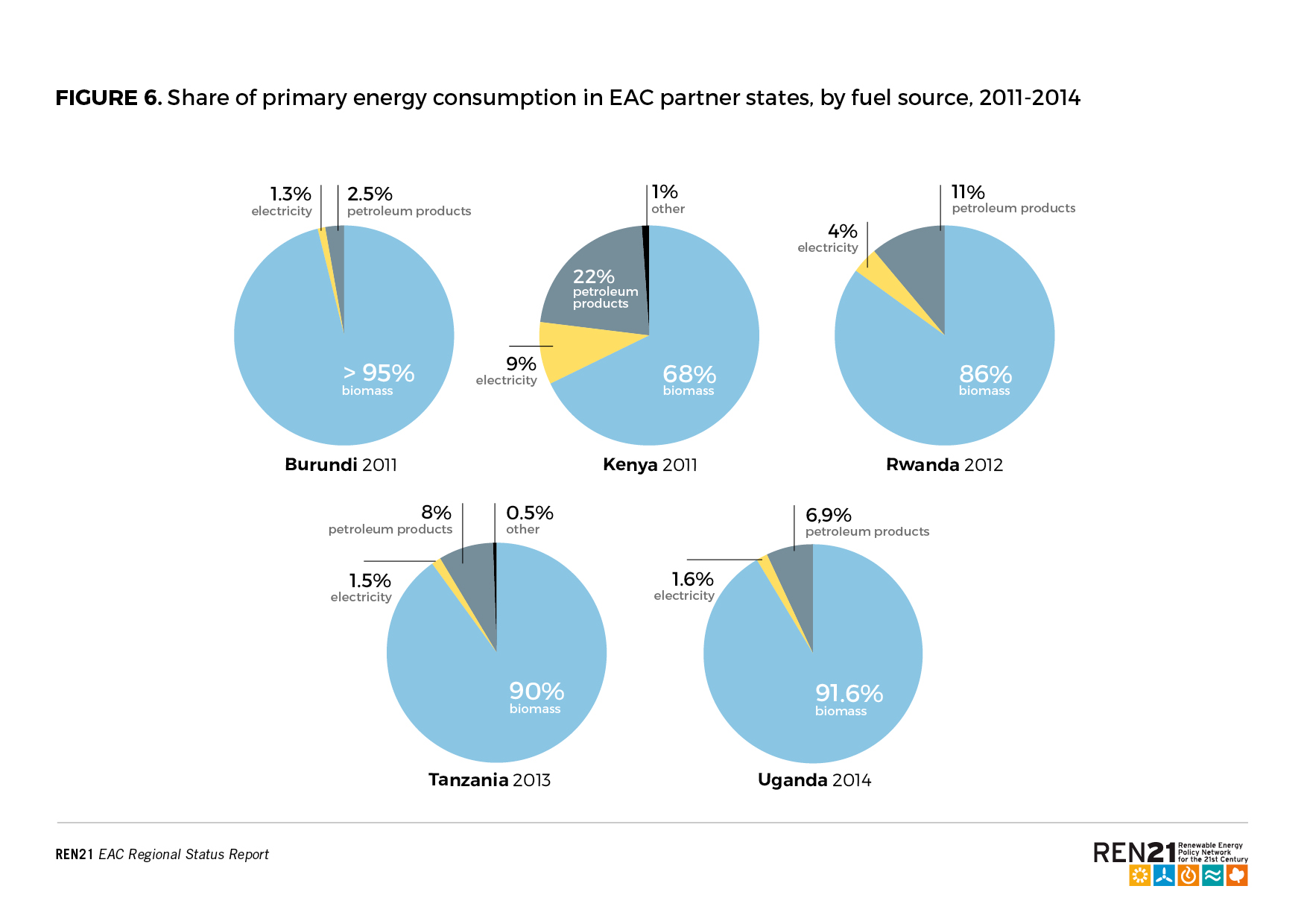
Monga said EACREEE will contribute to the development of a regional renewable energy and energy efficiency market by addressing gaps related to policies and regulations, capacity building, technology co-operation and promoting partnerships
and investments.
“Regional integration is central to rapid growth, addressing the existing challenges of energy poverty
and climate change in the EAC region. With this belief, UNIDO is working with regional and national partners to promote regional policies and markets for wider dissemination of clean and efficient energy technologies and services that are key in supporting economic growth and jobs creation in the region,” notes Pradeep Monga.
According to Christine Lins Executive Secretary of REN21, the EAC has a vast potential of, among other renewable energy sources, hydropower, geothermal and solar photovoltaic (PV), which have been exploited only marginally so far.
“Renewables are uniquely positioned to provide needed energy services in a sustainable manner – more rapidly and generally at lower cost than fossil fuels. Renewable energy technologies are viewed not simply as tools for improving energy security but also as strategies for mitigating and adapting to climate change,” said Lins.
FULL REPORT
REN21 EAC Renewable Energy Report 2016 by The Independent Magazine on Scribd
 The Independent Uganda: You get the Truth we Pay the Price
The Independent Uganda: You get the Truth we Pay the Price

